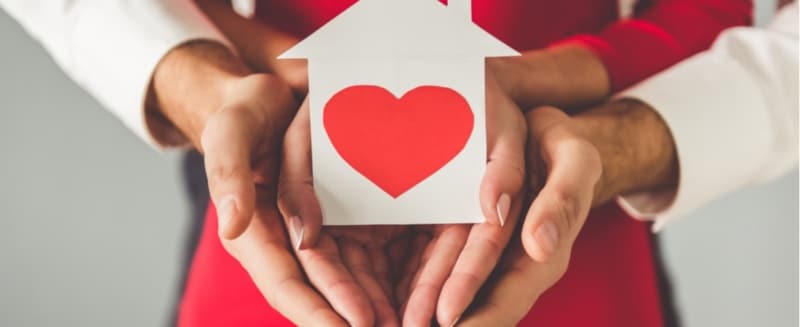Engagement ring or down payment? Apparently young women are increasingly opting for the latter.
According to a survey of 1,000 people from ERA Real Estate, half of young women would rather have their mate propose with a plan to put money toward the down payment of a house than an engagement ring and 60 percent would forgo a honeymoon for that down payment.
It certainly speaks to this generation’s concerns about being able to afford a home amid all their other financial obligations, but it also raises a wider issue about the spending trade-off.
When you’re working and getting paid on a regular basis, it’s easy to slip into the mindset that money is effectively unlimited. You get up most days and go to work and as long as you continue to do that, the money never stops.
Of course, you will stop going to work at some point. Whether through unemployment, family obligations or retirement, the amount of money you make over your lifetime is indeed finite. That then means, quite simply, that every dollar you spend on one thing is a dollar not spent on a something else.
So every $10 you spend on lunch is $10 you’re not spending on a T-shirt or gas for your car or toward retirement. That $500 dresser is $500 not spent on travel, your children’s education or medical bills. As highlighted in the survey, every dollar you spend on an engagement ring, wedding or honeymoon is a dollar you’re not putting toward a house.
Think of all the money you’ve made over your lifetime and all the money you could make. Imagine it in a big pot. Now imagine how you would dole it all out if you knew that each spending decision had a ripple effect of consequences. I imagine you wouldn’t be spending $700 on coffee (about $3 a cup every weekday for a year) if you knew those purchases would be denying you the chance to spend $700 on something much more fulfilling.
How we choose to spend our money is both vitally important and very personal. There’s no reason to judge someone for taking the engagement ring over the down payment of the house. It doesn’t mean they won’t get the house, it just means that the money for the house is coming from some other trade-off, like travel or retirement or joining a gym. These are all the decisions we have to make about how we can spend our money in the most meaningful ways to us.
So think about the trade-off every time you buy something, especially those convenience purchases like lunch out or a car wash or even buying marked-up toilet paper from the nearby drug store instead of buying it cheaper in bulk.
Ask yourself, by choosing to make this particular purchase, what other purchase, service, experience or future financial cushion am I sacrificing?
[amazon_link asins=’0609809954,0812927419,0812925319,B072BTCMP6′ template=’ProductCarousel’ store=’thinkglink-20′ marketplace=’US’ link_id=’6ac9c780-f64e-11e7-80e8-5d2bcd877dea’]







Leave A Comment